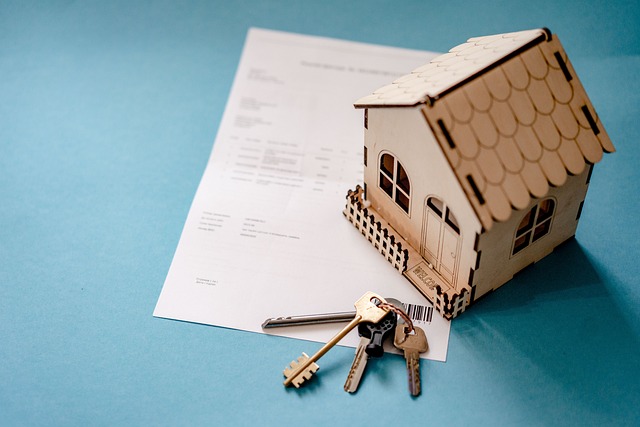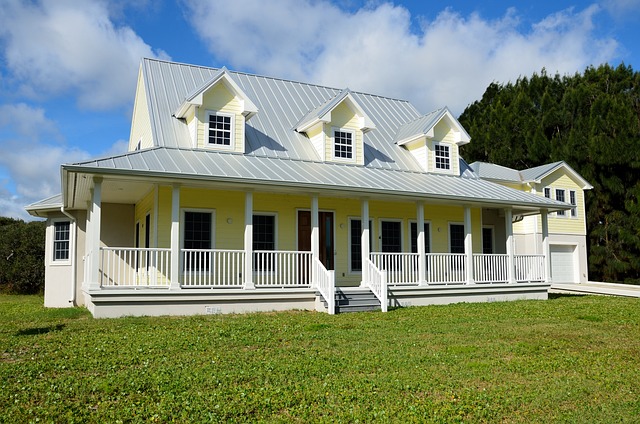Buying an Executive Condominium (EC) in Singapore involves a unique set of eligibility criteria and legal conditions that differentiate it from other housing options. ECs are designed for young couples and families who do not qualify for public housing but cannot afford private housing. Prospective buyers must meet specific income and age requirements, adhere to the "three-generation" rule, and satisfy a minimum occupation period before selling. The Monetary Authority of Singapore and Housing & Development Board have crafted these regulations to balance affordability with market stability. When purchasing an EC, whether new, resale, or subsale, it's important to understand the implications of the 99-year leasehold tenure, the resale or subsale process after MOP, and the need to manage complexities such as CPF housing grants and HDB regulations. A thorough understanding of these factors is crucial for making an informed decision and aligning with long-term housing goals in Singapore. Consulting the latest guidelines from the HDB and engaging a property law solicitor are advisable steps for navigating the EC buying process successfully.
navigating the legal landscape of Executive Condos (ECs) in Singapore is a pivotal step for those considering this housing option. This article demystifies the unique status of ECs and outlines the essential legal considerations, from eligibility to ownership, resale, and subsale implications. Prospective buyers will gain clarity on the buying process, including necessary documentation, ensuring a well-informed approach to purchasing an Executive Condo in Singapore.
- Understanding the Unique Status of Executive Condos in Singapore: A Legal Perspective
- Eligibility Criteria for Prospective Buyers: Who Can Purchase an Executive Condo?
- The Buying Process: Steps and Documentation Required for Owning an Executive Condo
- Resale and Subsale Considerations: Legalities and Implications for Executive Condo Owners
Understanding the Unique Status of Executive Condos in Singapore: A Legal Perspective

In Singapore, purchasing an Executive Condominium (EC) presents a unique opportunity that diverges from the typical condominium buying experience. Legally distinct from both public and private housing, ECs cater to young couples and families who may not immediately qualify for a public housing flat but are looking for a more spacious living option compared to a HDB flat. Prospective buyers must understand that while ECs revert to regular condominium status after a certain period, during their initial years, they come with restrictions such as ownership limits and resale eligibility conditions. These legal stipulations are designed to balance the objectives of providing affordable housing while maintaining market stability.
The legal framework governing ECs in Singapore is intricate and tailored to meet the needs of various segments of the population. It is imperative for individuals considering the purchase of an EC to thoroughly understand the specific legalities involved, including the five-year minimum occupation period before units can be sold on the open market. Additionally, potential buyers must adhere to the “three-generation” rule, which dictates that only Singapore citizens who are first-time EC owners can apply for one. The Monetary Authority of Singapore (MAS) and the Housing & Development Board (HDB) have established these rules to ensure a fair and transparent system for purchasing ECs, thereby protecting the interests of buyers and maintaining the integrity of the housing market in Singapore. Understanding these legal considerations is crucial for a successful investment in an Executive Condo, as they significantly influence the eligibility, ownership rights, and future resale value of the property.
Eligibility Criteria for Prospective Buyers: Who Can Purchase an Executive Condo?

When considering the purchase of an Executive Condo (EC) in Singapore, understanding the eligibility criteria is paramount for prospective buyers to ensure they meet the necessary conditions set by the CPF Board and Housing & Development Board (HDB). Singles, including both male and female applicants, are eligible to buy an EC if they are above 35 years old at the time of application and have a maximum household income ceiling, as stipulated by the HDB. Meanwhile, families, which include couples who are either both singles or one single and at least two other members aged 35 years and above, can apply, provided their combined income does not exceed the set ceiling. Additionally, applicants must not own any residential property at the time of application or have disposed of a flat within the preceding three years from the date they are granted the EC. Buying an Executive Condo is subject to these criteria, and potential buyers should carefully assess their eligibility status before proceeding with the purchase to avoid any complications in the future. Prospective buyers should also be aware that the income ceiling is frequently reviewed by the HDB, hence it’s important to refer to the most current guidelines provided by the authorities when planning to buy an EC.
The Buying Process: Steps and Documentation Required for Owning an Executive Condo

Navigating the purchase of an Executive Condo (EC) in Singapore involves a series of steps and requisite documentation that must be completed to secure ownership. Prospective buyers should familiarize themselves with the unique buying process distinct from that of public and private housing. The first step is to ensure eligibility by meeting the criteria set forth by the Central Provident Fund (CPF) and Housing & Development Board (HDB), which include age, income ceilings, and existing housing ownership status. Once eligible, interested parties must obtain an Option to Purchase (OTP) from the developer or seller, which grants a 2-week window to decide without financial penalty.
Upon exercising the OTP, potential buyers are required to sign a Sale and Purchase Agreement (SPA), alongside submitting necessary documents such as the completed Application for Housing Loan from financial institutions if applicable, and the required CPF savings for the down payment. The SPA stipulates the purchase price and conditions of sale, with a 10% deposit typically payable upon signing. Buyers must also apply for the necessary approvals from the National Environment Agency (NEA) for utilities connection and the Urban Redevelopment Authority (URA) for any renovation plans. After successful application and payment processes, the purchase of the Executive Condo can be completed, with the balance payment due upon the issuance of the Notice of Vacant Possession or Progressive Temporary Occupation Permit (PTOP). Throughout this process, it is crucial to engage a solicitor well-versed in property law to navigate the legalities and ensure all documentation is in order.
Resale and Subsale Considerations: Legalities and Implications for Executive Condo Owners

When considering the purchase of an Executive Condo (EC) in Singapore, particularly through resale or subsale channels, it is crucial for potential buyers to understand the legal framework governing such transactions. The Housing and Development Board (HDB) administers ECs, which are hybrid housing designs intended for couples with at least one child or two millionaires, allowing them the benefits of a 99-year leasehold property. Owners of ECs can sell their units through resale or subsale after fulfilling the minimum occupation period (MOP), which is three years from the date of key collection.
For buyers acquiring an EC via resale or subsale, it is imperative to engage a lawyer to ensure all legalities are in order. This includes verifying the remaining lease, checking for any outstanding CPF housing grants, and confirming that the seller has complied with all HDB stipulations during their occupancy. The resale or subsale process also involves transferring the ownership of the flat from the original owner to the new buyer, which is done through the CPF (Central Provident Fund) after the necessary approvals are obtained from HDB. It is important for buyers to be aware that upon full payment of the EC, the purchase price will be used to repay any outstanding housing grants received by the original flat owner. This financial implication should be carefully considered in the buying decision, as it affects the resale value and the potential future profit from the sale of the unit. Understanding these legal considerations is essential for both sellers and buyers to navigate the EC resale and subsale market effectively.
When considering the purchase of an Executive Condominium (EC) in Singapore, it is imperative to navigate the specific legal frameworks that govern these properties. This article has elucidated the unique status of ECs, outlined the eligibility criteria for prospective buyers, and detailed the steps and documentation required to successfully own an EC. Prospective buyers must understand the nuances of the buying process and the resale or subsale implications, ensuring compliance with the rules set forth by the Singaporean government. By thoroughly comprehending these legal considerations when buying an Executive Condo, owners can make informed decisions that align with their long-term housing goals within this vibrant and diverse residential market.



